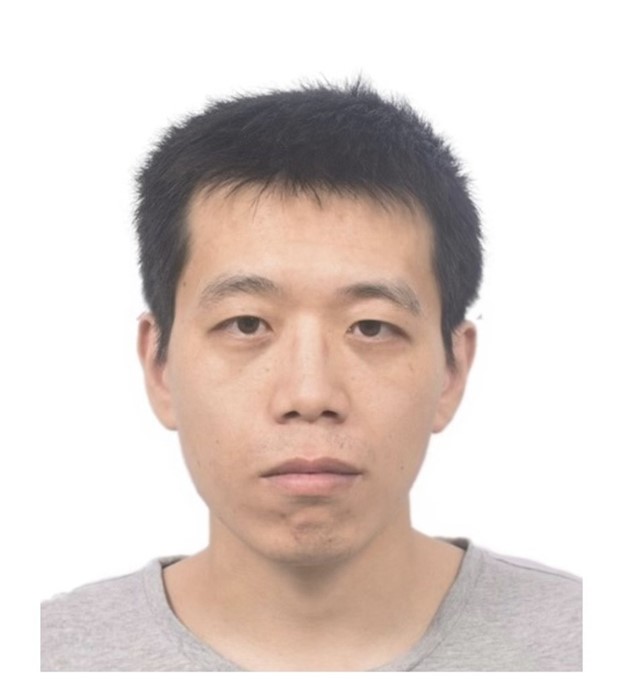- Membership
- Perks and Discounts
- Things To Do
- Resources
- News
- About
- Shop
Related Content
UNC Announces More Security Measures for Commencement
May 8, 2024
University officials released this week measures to tighten security for this weekend’s Commencement, including requiring...
Read MoreCampus Y Closed Indefinitely, Students Issue Demands
May 3, 2024
The Campus Y was closed this week by University leadership, who say the closure was...
Read MoreUniversity Releases Findings of Aug. 28 Shooting Aftermath
Dec. 7, 2023
Enhancing the Alert Carolina notification system, improving preparedness and training, and addressing perceived problems in...
Read More-
2024
-
2023
-
2022
-
2021
-
2020
-
2019
-
2018
-
2017
-
2016
-
2015
-
2014
-
2013
-
2012
-
2011
-
2010
-
2009
-
2008
-
2007
-
2006
-
2005
-
2004
- Academics and Athletics
- Admissions
- Alumni Profiles
- Alumni Recognition
- Around Town
- Arts
- Books
- Campus Profile
- Campus Safety
- Carolina Alumni Awards
- Carolina Alumni Leadership
- Carolina Alumni Programs and Outreach
- Carolina Alumni Reunions
- Carolina Alumni Review
- Celebrations
- Championships
- College and Costs
- Commencement
- Coronavirus
- Discovery
- Extracurricular
- Faculty
- Faculty Awards
- For the People
- Go Heels
- Greek Life
- Hark the Sounds
- Higher Education
- Homecoming
- In Class
- In Memoriam
- Innovation and Technology
- Issues
- Object Lesson
- On View
- Our Treescape
- Philanthropy
- Podcast
- Public Service
- Race and Reckoning
- Research
- Sexual Assault
- Silent Sam
- Sports
- Structures
- Student Achievement
- Students
- Timelines
- Tuition and Financial Aid
- UNC Libraries
- UNC’s History
- Undergraduate Spotlight
- University Achievements
- University Awards
- University Budget Issues
- University Development
- University Leadership
- University News
- University Rankings
- What We Do
- Who We Are
- Young Alumni
- Yours at Carolina
Qi Found Unfit For Trial
Posted on Nov. 30, 2023
Photo issued by UNC Police during the investigation.
Tailei Qi, the graduate student charged with the murder of his adviser, Professor Zijie Yan, has been found unfit to stand trial due to mental illness.
Orange County Superior Court Judge Alyson Grine ’92 (’99 JD) said this week two separate mental evaluations found Qi most likely suffers from untreated schizophrenia.
“Qi demonstrated delusional thinking, experienced auditory hallucinations, engaged in self-harm in the detention center [and] showed fragmented thought processes that impeded his communication,” she said in the hearing.
Severe mental illness has rendered Qi unable to comprehend his situation, assist in his legal defense and understand court proceedings, even with a Mandarin translator, according to Grine. Qi was committed to Central Regional Hospital, a state psychiatric facility in Butner, and doctors must notify Orange County District Attorney Jeff Nieman ’00 if his condition improves enough to continue court proceedings.
Qi, 34, was arrested in August and charged with first-degree murder and possession of a firearm on educational property. Since his arrest, he has been held without bond in the Orange County Detention Center.
An autopsy released in early November revealed that Yan had been shot multiple times in his office in Caudill Laboratories on the UNC campus. Police found nine 9mm cartridge casings scattered in Yan’s office, but were unable recover a weapon.
During Qi’s last hearing in September, he requested new representation. In that same hearing, his attorneys requested a competency evaluation. Psychiatrist George Corvin was hired by Qi’s attorneys, and the prosecution hired state expert Nicole Wolfe to perform a court-ordered evaluation. Both evaluations found him unfit to stand trial.
“This is not an end to the case,” Nieman told The Daily Tar Heel, adding Qi’s move to hospitalization is only a “pause” in the trial process.
Nieman said the average time for a deposition of a homicide in Orange County, from the time of the offense to the time of resolution, is between 1 1/2 to 2 1/2 years.
— Cameron Hayes Fardy ’23
© 2024 Carolina Alumni
